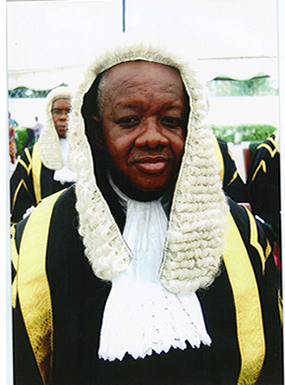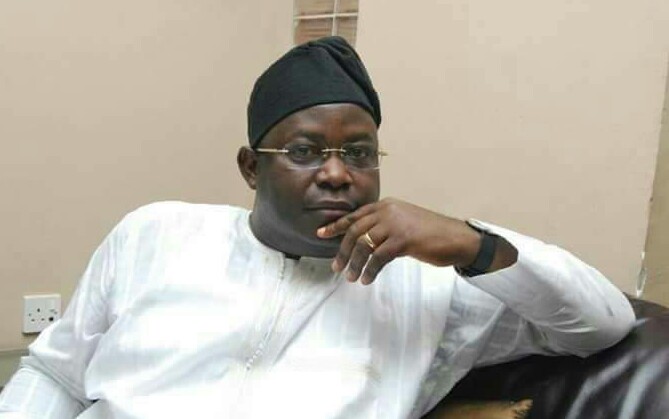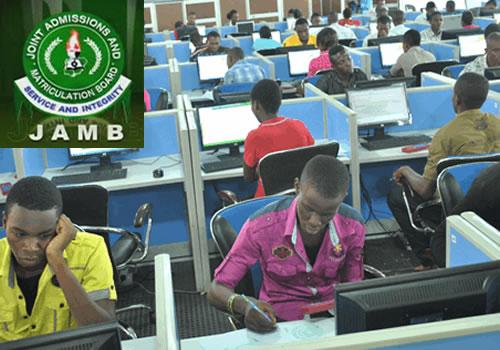News
How Supreme Court Justice Nguta concealed evidence of corruption – Prosecutor

The federal government has accused a Supreme Court justice, Sylvester Nguta, of culpability in the destruction of evidence intended to be brought against him.
Mr. Nguta was arraigned before Justice John Tsoho of the Federal High Court on Monday.
He is among seven judges arrested by operatives of the State Security Service on October 8, after a midnight raid on their residences by the SSS on October 7.
After pleading not guilty to the 15-count charge, the judge’s lawyer, Kanu Agabi, prayed the court to admit his client on bail.
Speaking during a court session to determine Mr. Nguta’s application for bail, prosecution counsel, Charles Adeogun, said he was objecting to the application because Mr. Nguta was capable of interfering with witnesses and concealing documents that could incriminate him.
“Barely 20 minutes after he was granted administrative bail, one of the witnesses received a call from the defendant. During that call a number of instructions were given to the witness: ‘get rid of those cards. Go into my bathroom, in my residence where you will find three bags,’. Those bags contained 27 million each; they were moved from the residence and completely concealed.
“That same witness came back to the house, removed three luxury cars and concealed them. Days before his residence was raided on October 8, the defendant had four valid passports,” added Mr. Adeogun.
He said the allegations of interference were so apparent that they were contained in counts 3,10 to 16 of the charge against the defendant.
Mr. Adeogun therefore submitted that he was cautiously making his objection; considering the status of the defendant, but also taking note of the alleged offences.
“My Lord it is in recognition to these offences committed when the administrative bail were granted, that we cautiously object to the application.
Earlier, counsel to the defendant, Kanu Agabi, asked the court to grant his client bail on self recognizance.
He said sections 32, 158 and 162 of the Administration of Criminal Justice Act, as well as section 35 (4) and 36 of the constitution have made it clear that once a defendant appears in court to attend to his matter, he no longer needs to proof the reason why his bail application should be granted.
Mr. Agabi, therefore, submitted that his client should be granted bail on self recognizance.
He said the law already allows a defendant room for bail and if his client’s bail is denied, it will only show that the said provisions are not practicable.
After the submission made by the prosecution, Mr. Agabi said it was dangerous for Mr. Adeogun to conclude on the matter, as he had done.
“I was just listening to my learned counsel. But if you have concluded already then we are finished,” said Mr. Agabi.
The case was stood down for an hour before the ruling on the application.
-

 News5 days ago
News5 days agoUpdated: Oyo Police Parade Arrested Yoruba Nation Agitators
-

 News3 days ago
News3 days agoJust In: Adeleke Appoints Former Osun Commissioner For Finance, Bolorunduro Chairman Of Living Trust Mortgage Bank
-

 News5 days ago
News5 days ago‘21 Chibok Girls Return With 34 Kids; 48 Parents Die Of Trauma’
-

 News2 days ago
News2 days agoBreaking: JAMB Directs CBT Centres To Arrest Parents Found Near Facilities During UTME Exercise



